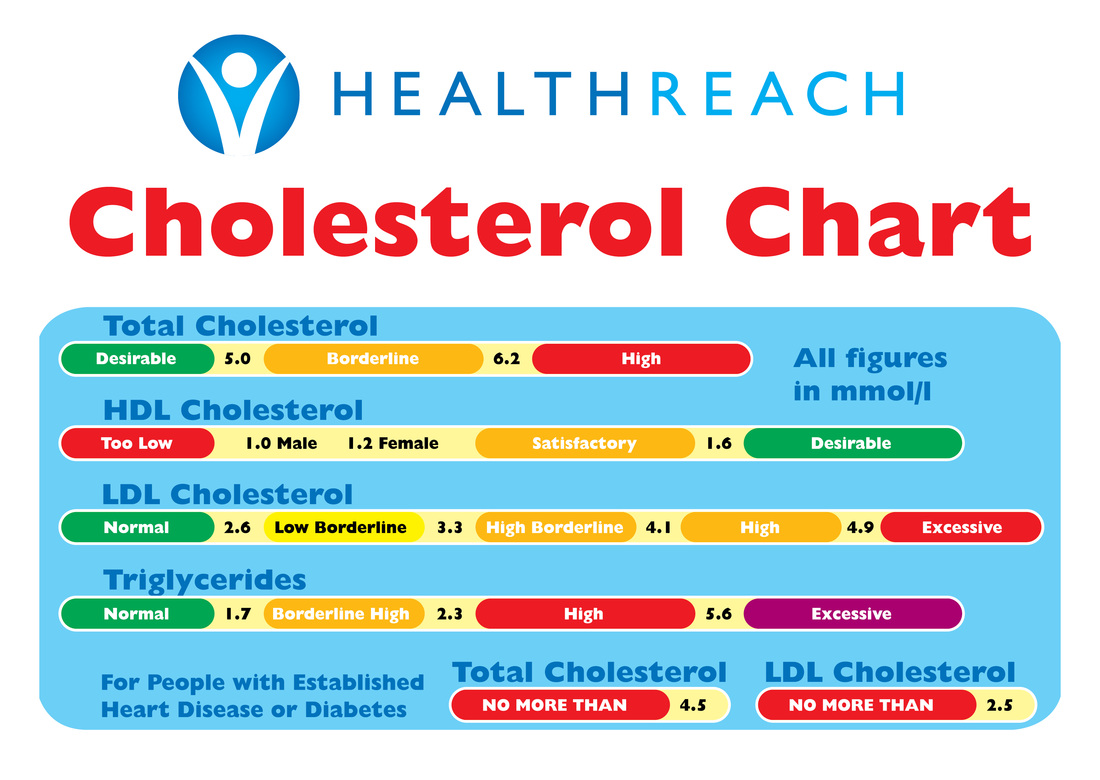Good heart health requires proper nutrition and regular physical activity. And as we age, this is much more important in order to make sure you are managing cholesterol especially as we age. For seniors, managing cholesterol is important because it contributes to heart health and can help prevent a wide range of diseases.

What is Cholesterol?
Cholesterol is the waxy substance produced by our livers. This is also present in the food we eat. Cholesterol is actually important for our body to function properly. However, increased levels can increase your risk of developing stroke and heart attack. High cholesterol has also been studied as a contributor in the development of Alzheimer’s.
However, not all cholesterols are bad. There is what we call as “good cholesterol” or high-density lipoprotein (HDL). This kind of cholesterol helps in the creation of new cells, digestive functions, and hormone production. Furthermore, it helps fight the bad cholesterol in the body.
Meanwhile, there’s what we call as “bad cholesterol” or low-density lipoprotein (LDL), which causes bad buildup in the arteries. This buildup causes stress on the heart, making it work harder in pumping blood throughout the body. This is what causes heart disease.
Healthy Levels of Cholesterol
When it comes to managing cholesterol in seniors, it’s important to know the healthy levels. For seniors, the total cholesterol of less than 200mg/dl (<100mg/dl LDL and >40mg/dl HDL for men or 50mg/dl for women).
Those who have diseases such as diabetes and heart disease are at a high risk of developing heart disease. With this, their physicians may advise to keep their LDL levels even lower. It’s important to see a doctor if you’re among this high-risk group.
Below is a guide to help you find out the right levels of cholesterols and find out where you fit in the spectrum:
Factors that Contribute to High Cholesterol in Seniors
For seniors, high cholesterol may be brought about by a combination of factors. Some of these can be controlled, such as lifestyle and diet, while other’s can’t (aging and genes or family history).
- Age. As people age, the body tends to produce more cholesterol.
- Genes. Having a family history of people with high cholesterol or heart disease puts you at risk of developing heart disease or high cholesterol yourself.
- Smoking. Smoking, specifically nicotine from cigars and cigarettes, lowers good cholesterol.
- Being overweight. This makes the heart work harder to pump blood throughout the body, which then increases the risk for high blood pressure and heart disease.
- Poor, unhealthy diet. A diet of foods high in fats, salt, and sugar, as well as food low in fruits and vegetable can cause your body to develop high cholesterol.
- Inactive lifestyle. A sedentary lifestyle, or a lack of physical activity or exercise can also bring about high cholesterol.
Managing Cholesterol Levels in the Elderly
For seniors with high cholesterol levels, it’s important for them to be checked regularly. It’s important to also lower their cholesterol levels through lifestyle changes, diet restrictions or adjustments, and maintenance medication.
Here are some tips to help manage cholesterol in seniors:
- Quit smoking
- Eat more fruits and vegetables
- Choose your fats, such as olive oil, nuts, and avocados. Avoid red meat and high-fat dairy products
- Get more omega 3 fatty acids found in tuna, salmon, and flaxseed
- Be active. Get at least 30 minutes of moderate cardio everyday, or try these light exercises for seniors. You may also try walking as a way to lower cholesterol.
- Take your meds. Make sure to consult with your physician and take medication to reduce your LDL through proper medication.
No one is never too old to break bad habit—or start good ones. Try the tips above and be on your way to lower cholesterol.



Recent Comments